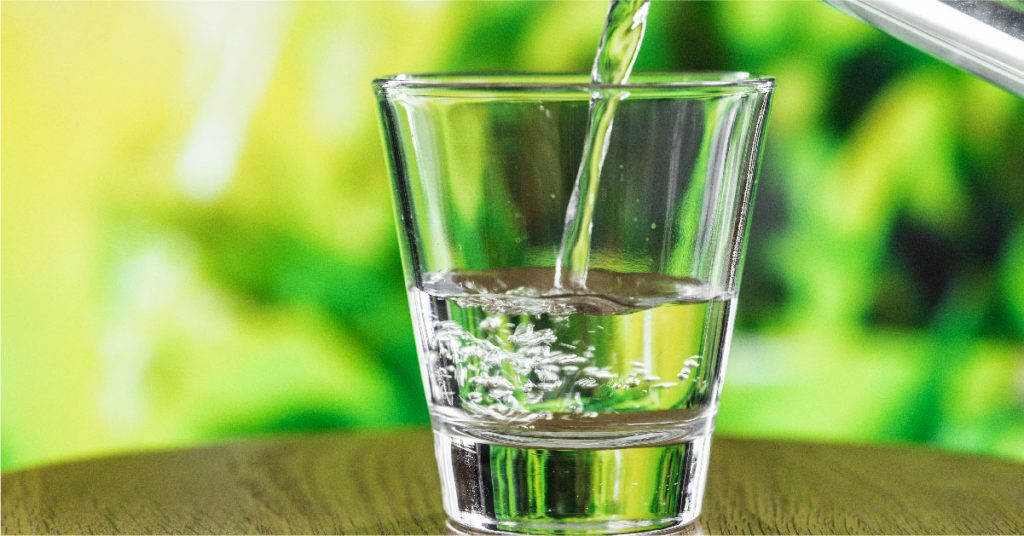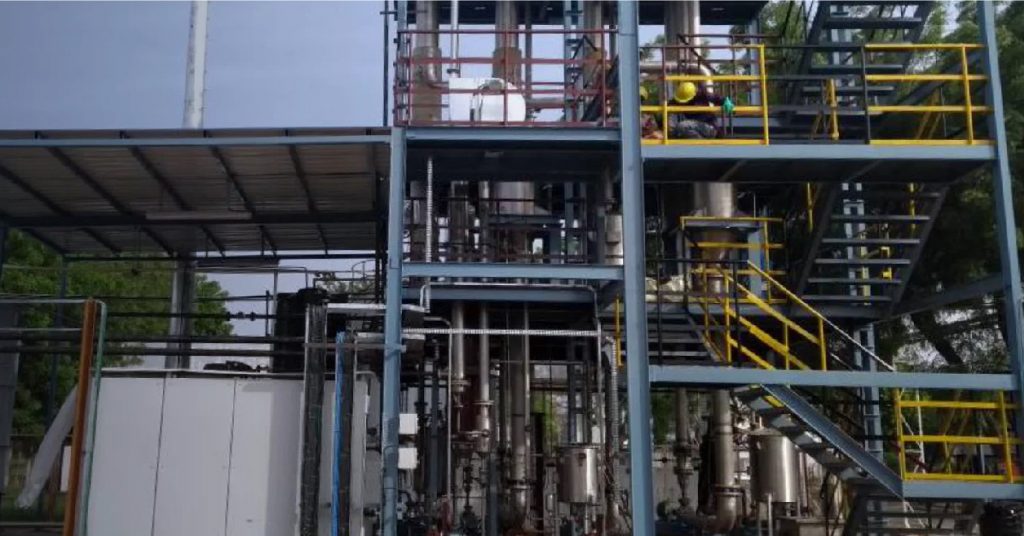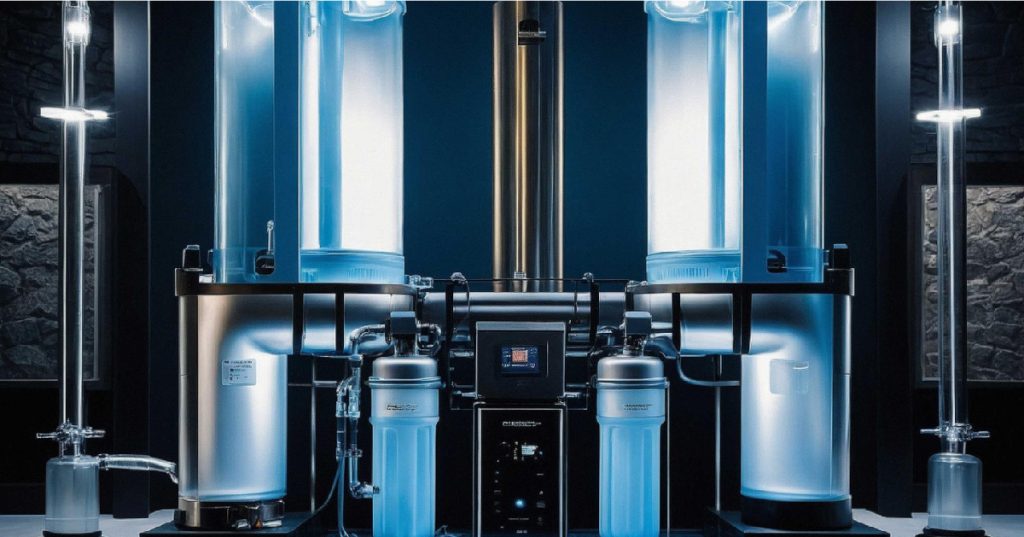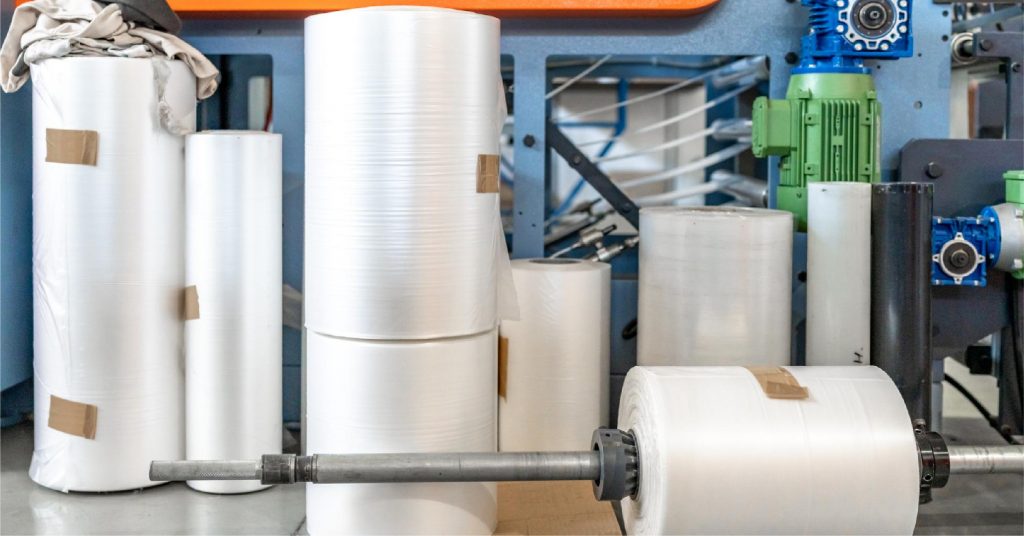Water is one of the most essential elements for human survival, but not all water is the same. With the growing interest in water purity, many people in South Africa are turning to distilled water as an option for their drinking needs. But is distilled water safe to drink? This question has sparked numerous debates, with various opinions surrounding its benefits and potential drawbacks.
In this blog, we will explore whether distilled water is safe to drink, the pros and cons of using it, and factors to consider when deciding if it is suitable for your needs.
Table of Contents
ToggleWhat is Distilled Water?
To understand whether distilled water is safe to drink, it is important to first understand what distilled water is. Distilled water is water that has been purified through the process of distillation. In this process, water is boiled to produce steam, which is then cooled and condensed back into a liquid. This process removes impurities, including salts, minerals, and most other contaminants, leaving behind pure H2O.
The distillation process ensures that almost all dissolved minerals and contaminants are removed, resulting in exceptionally pure water. However, this also means that distilled water lacks the minerals typically found in natural drinking water.
Is Distilled Water Safe to Drink?
The question of whether distilled water is safe to drink depends on a variety of factors, including how much-distilled water is safe to drink and what other sources of water and minerals are available in your diet.
On one hand, distilled water is free from harmful bacteria, viruses, and contaminants that can make you sick. For this reason, it is commonly used in medical settings, laboratories, and industrial processes where water purity is essential. The high level of purity in distilled water can be considered an advantage when used in situations where contamination is a concern.
However, when it comes to regular consumption, distilled water’s lack of minerals raises concerns. Drinking large amounts of distilled water may not be ideal for your health, especially over extended periods. But how much distilled water is safe to drink? For most people, occasional consumption of distilled water won’t cause harm, but regular intake could lead to an imbalance of electrolytes in the body.
Pros of Drinking Distilled Water
1. Purity and Contaminant-Free
One of the major advantages of distilled water is its purity. Since it undergoes a thorough filtration process, it is free from contaminants like chlorine, pesticides, heavy metals, and harmful microorganisms. In regions where water quality is a concern like in some areas of South Africa, distilled water can offer a safer alternative to untreated or unfiltered water. The absence of contaminants makes it ideal for people with weakened immune systems or those in need of ultra-pure water.
2. Useful for Specific Applications
Distilled water is widely used in applications that require high levels of purity, such as in medical equipment, laboratories, and certain industrial processes. It is also commonly used in appliances like steam irons and car batteries to prevent mineral build-up that could damage the equipment. For these uses, distilled water is essential due to its lack of minerals, which could interfere with processes or equipment.
3. Good for Hydration in Certain Situations
If you’re in a situation where your water source is questionable or you have no access to clean drinking water, distilled water can be a safe alternative. It provides hydration without introducing harmful bacteria or viruses that could make you sick.
Cons of Drinking Distilled Water
1. Lack of Essential Minerals
One of the main concerns regarding distilled water is the absence of essential minerals such as calcium, magnesium, and potassium. These minerals are important for maintaining proper hydration and supporting various bodily functions. Drinking distilled water regularly may contribute to a deficiency in these minerals, leading to potential health issues over time. In regions like South Africa, where the natural mineral content of water varies, the absence of minerals in distilled water could be more pronounced.
2. Electrolyte Imbalance
When you drink distilled water, you are essentially drinking water that has been stripped of its electrolytes, which help regulate various bodily functions. Electrolytes, such as sodium and potassium, are crucial for maintaining the body’s fluid balance, nerve function, and muscle contractions. Drinking large amounts of distilled water over time may lead to an electrolyte imbalance, potentially resulting in symptoms like fatigue, muscle cramps, and dizziness. Therefore, it’s important to balance your water intake with the necessary electrolytes.
3. Taste
Many people find that distilled water has a flat or bland taste compared to other types of water. This is because the distillation process removes the minerals that typically contribute to the flavor of water. If you’re accustomed to the taste of naturally mineralized water, the taste of distilled water may not be as appealing.
4. Potential for Leaching
Distilled water’s purity also means that it has a higher tendency to absorb or “leach” minerals from whatever it comes into contact with. For example, when stored in certain containers, distilled water may leach minerals from the container itself, potentially leading to changes in the water’s composition. For this reason, it is important to store distilled water in appropriate containers made of materials that won’t leach chemicals or minerals.
Ion Exchange’s Contribution to Distilled Water Solutions
As South Africa continues to face water quality challenges, companies like Ion Exchange are playing a crucial role in addressing these issues. Ion Exchange offers a wide range of water treatment solutions to ensure safe drinking water for both households and industries. Their approach goes beyond just removing contaminants, focusing on retaining essential minerals in the water.
Ion Exchange, a pioneer in potable water treatment solutions in South Africa, offers a comprehensive range of products under its flagship brand, ZeroB. These solutions utilize advanced purification technologies, such as reverse osmosis, ultrafiltration membranes, electrochlorination, ozonation, and resins, to purify surface and groundwater, making it safe for drinking. The range includes:
- Point-of-Use Purifiers for Homes (ZeroB)
- Water Treatment Systems for Institutions
- Rural & Community Water Treatment Systems
- Containerized Water Treatment Systems
These solutions cater to diverse needs, ensuring safe and clean drinking water across various environments.
Conclusion
So, is distilled water safe to drink? Absolutely, but with some precautions. In South Africa, where water safety is a priority, distilled water provides an excellent solution for avoiding harmful contaminants. However, to maintain optimal health, balance your intake with other sources of hydration that contain essential minerals.





